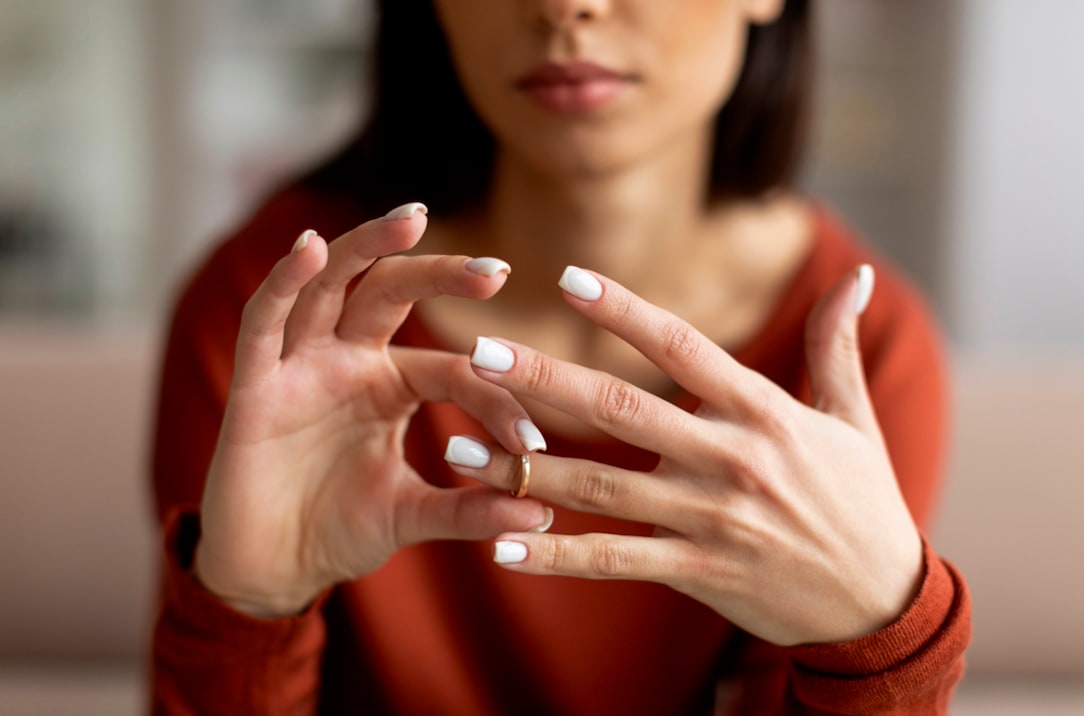The divorce process can be difficult to navigate. In addition to transitioning into the period after the end of the relationship, there are the details to work out, such as dividing up property and other assets. If you have children, the matter of custody is also a hugely important area to focus on.
With so much to consider during divorce process, the prospect of what comes after might not have been something you were able to think about. But now, as the dust settles, you might be wondering how to recover.
If you’ve just had your divorce finalised, it might be helpful to have some strategies in place to help you in the coming weeks and months.
The effects of divorce
There are different ways that a person can be affected by divorce. It may impact your emotional wellbeing. As well as the sadness that comes with a breakup, you might be feeling hurt or angry about the way things turned out. Even if you had an amicable breakup, a straightforward divorce overseen by skilled solicitors, and you’ve got a good relationship with your former partner, it’s understandable that you have feelings about what you’ve just been through.
Your mental wellbeing can also be impacted. It may be that you’re experiencing stress or anxiety due to the divorce process as a whole. Or it may be that there are certain factors that are adding to these feelings.
Trying to get used to living somewhere different and running a household on your own can be stressful. This is a huge adjustment to make and one that can be exacerbated if you have children. After all, if you’ve moved out of the family home, you’ll need to make sure that your new home is suitable for your children to stay in.
As well as getting used to creating a new space for your children to live in for set amounts of time, getting used to co-parenting after divorce takes some time. This is one of the most significant changes that you’ll have to navigate. Sharing parental duties so that your child or children experience a seamless transition can be a challenge. Again, this can impact your emotions and your wellbeing.
In addition, you might find that having to separate your finances from your ex-partner’s is affecting you. Financial stress is already a notable driving force behind health issues. If you’re trying to get used to living without that other person’s income, that can take its toll.
How to rebuild your life
One of the most important things to remember is that healing after divorce takes time. You might find that some days are better than others. You could feel at peace with the changes that have happened and then suddenly this switches to sadness or pain.
To help you move forward, here are some ideas that could help you:
- Communicate: Avoid keeping your feelings to yourself. If you can. Try talking through your thoughts with friends or family. Seeking guidance from a trained professional can also provide you with a platform to share what you’re going through with someone who isn’t connected to you or your ex-partner. They can provide you with the tools you need to work through this stage.
- Allow the feelings: It’s okay to experience the feelings you have right now. Accepting them will give you the chance to understand where they’re coming from and address each one.
- Ask for help: If you’re struggling with the adjustments you have to make, remember there’s help available. It may be that you need practical help to get used to your new home setup, financial support to work out a new budget, or you could benefit from getting support for depression or anxiety. Reach out if you need to.
- Be kind to yourself: You’re going through a significant upheaval. You might find that you’re on autopilot at work. It may b that you forgot a family member’s birthday. You’re doing your best to get through these initial post-divorce days. It takes a while to adjust.
With all of these factors in mind, it’s worth taking the time to establish techniques to help you through this new phase. By establishing a way to work through this time after your divorce, you can begin to rebuild your life.








